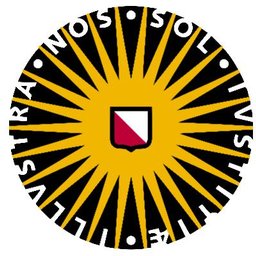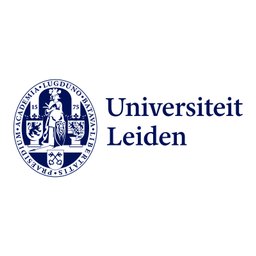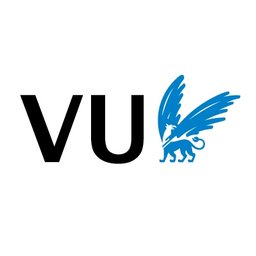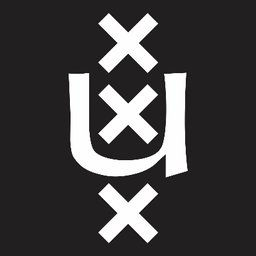For the NWO-funded Vici-project 'Care and Coercion. Patriarchy, (Forced) Labour and Caregiving in the Household in the Dutch Empire, c. 1750-Present', we are hiring three postdoctoral researchers. You will study the intricate relations between care and coercion in households in the Dutch Empire.
Your job
The positions are divided in three different sub-projects: one on colonial Suriname, one on colonial Indonesia, and one on colonial South Africa. Within each sub-project, we will study how in the period c. 1750-1950 violence and other forms of coercion played a role in household relations in relation to care and other work activities. As a team, we will investigate how work within households was divided along gender and racial lines, and look at overt and more subtle forms of coercion in this analysis.
You will do intensive archival and literature study on either of the three cases, in Dutch and preferably also former colonial archives. Therefore, the knowledge of Sranantongo, Bahasa Indonesia, Zulu, and/or Xhosa will be of high relevance for the project. Based on the research, you will write research articles. You will also be involved in organising a joint conference and in contributing to an online textbook, intended for education. As the project also has an extensive societal relevance component, you are welcome to join in on activities for that as much as you please.
You will be working in the inspiring research group of Economic and Social History, one of the world-leading groups in the field.
Your qualities
You bring the following qualifications:
- a PhD in social, economic and/or cultural history;
- demonstrated archival research skills;
- enthusiasm for collaborating in a team of researchers;
- excellent (oral and written) communication skills in English;
- preferably: knowledge of at least one other relevant language in the context of the project.
Our offer
- A position for 12 months, with the possibility of an extension of 24 months (36 months in total);
- a working week of 30.4 - 32 hours and a gross monthly salary of €4,537 in the case of a full-time employment (salary scale 11.0 under the Collective Labour Agreement for Dutch Universities (CAO NU)
- 8% holiday pay and 8.3% year-end bonus;
- a pension scheme, partially paid parental leave and flexible terms of employment based on the CAO NU.
In addition to the terms of employment laid down in the CAO NU, Utrecht University has a number of schemes and facilities of its own for employees. This includes schemes facilitating professional development, leave schemes and schemes for sports and cultural activities, as well as discounts on software and other IT products. We also offer access to additional employee benefits through our Terms of Employment Options Model. In this way, we encourage our employees to continue to invest in their growth. For more information, please visit Working at Utrecht University.
About us
A better future for everyone. This ambition motivates our scientists in executing their leading research and inspiring teaching. At Utrecht University, the various disciplines collaborate intensively towards major strategic themes. Our focus is on Dynamics of Youth, Institutions for Open Societies, Life Sciences and Pathways to Sustainability. Sharing science, shaping tomorrow.
The Faculty of Humanities has around 7,000 students and 1,100 staff members. It comprises four knowledge domains: Philosophy and Religious Studies, History and Art History, Media and Culture Studies, and Languages, Literature and Communication. With its research and education in these fields, the Faculty aims to contribute to a better understanding of the Netherlands and Europe in a rapidly changing social and cultural context. The enthusiastic and committed colleagues and the excellent amenities in the historical city centre of Utrecht, where the faculty is located, contribute to an inspiring working environment.
More information
Want to know more about the project? Take a look at the full description of the research project.
For more information about this position, please contact Elise van Nederveen Meerkerk at [email protected].
Candidates for this vacancy will be recruited by Utrecht University.
Apply now
As Utrecht University, we want to be a home for everyone. We value staff with diverse backgrounds, perspectives and identities, including cultural, religious or ethnic background, gender, sexual orientation, disability or age. We strive to create a safe and inclusive environment in which everyone can flourish and contribute.
To apply, please upload the following documents (in .docx or .pdf format) via the 'apply now' button:
- your curriculum vitae, also containing at least two names and contact details of people who can give references;
- your motivation letter, in which you describe your interest and expertise for the position;
- a recent publication or representative chapter from your dissertation.
Interviews will likely take place on 9 and 16 September 2025.





